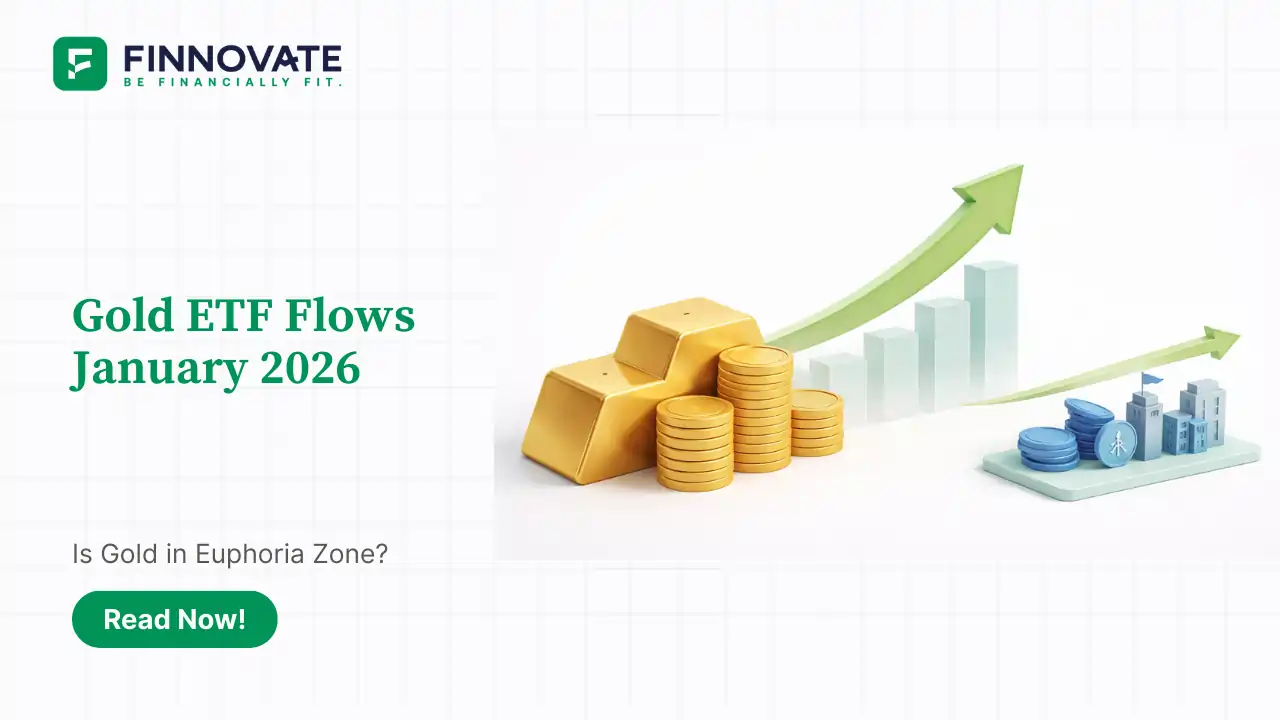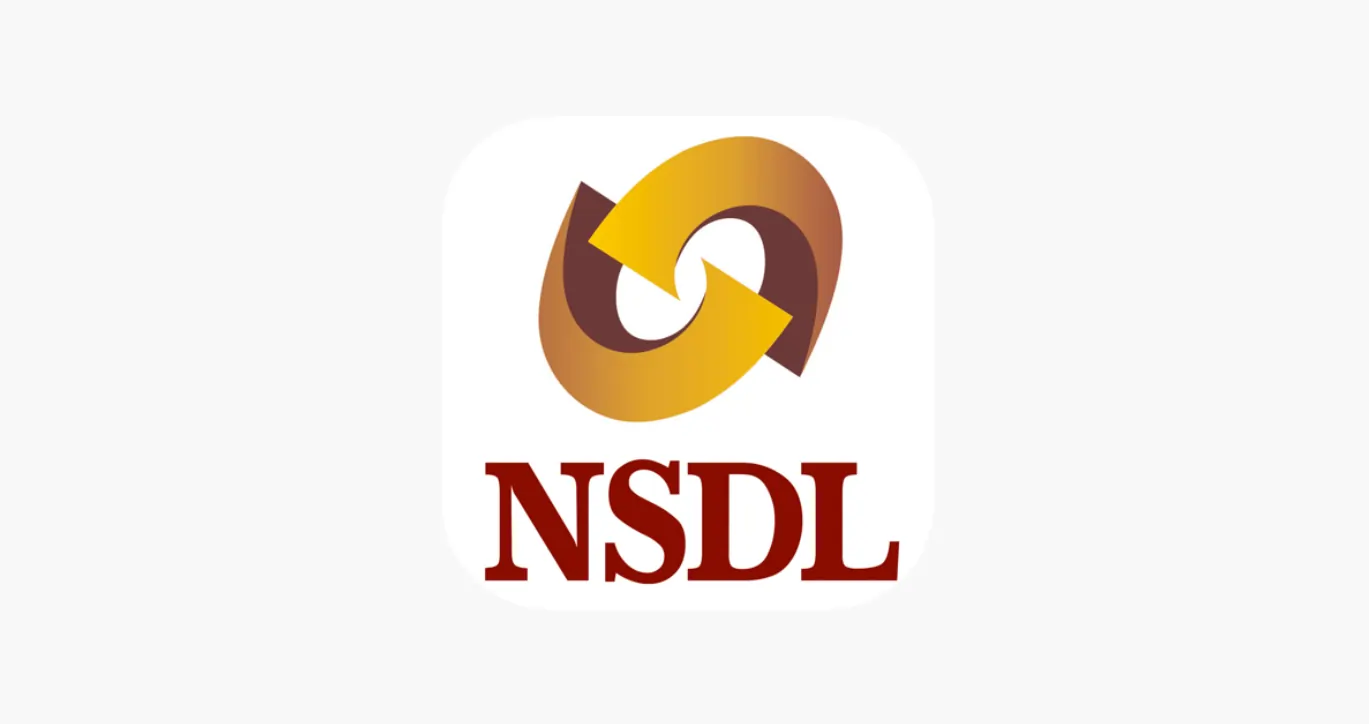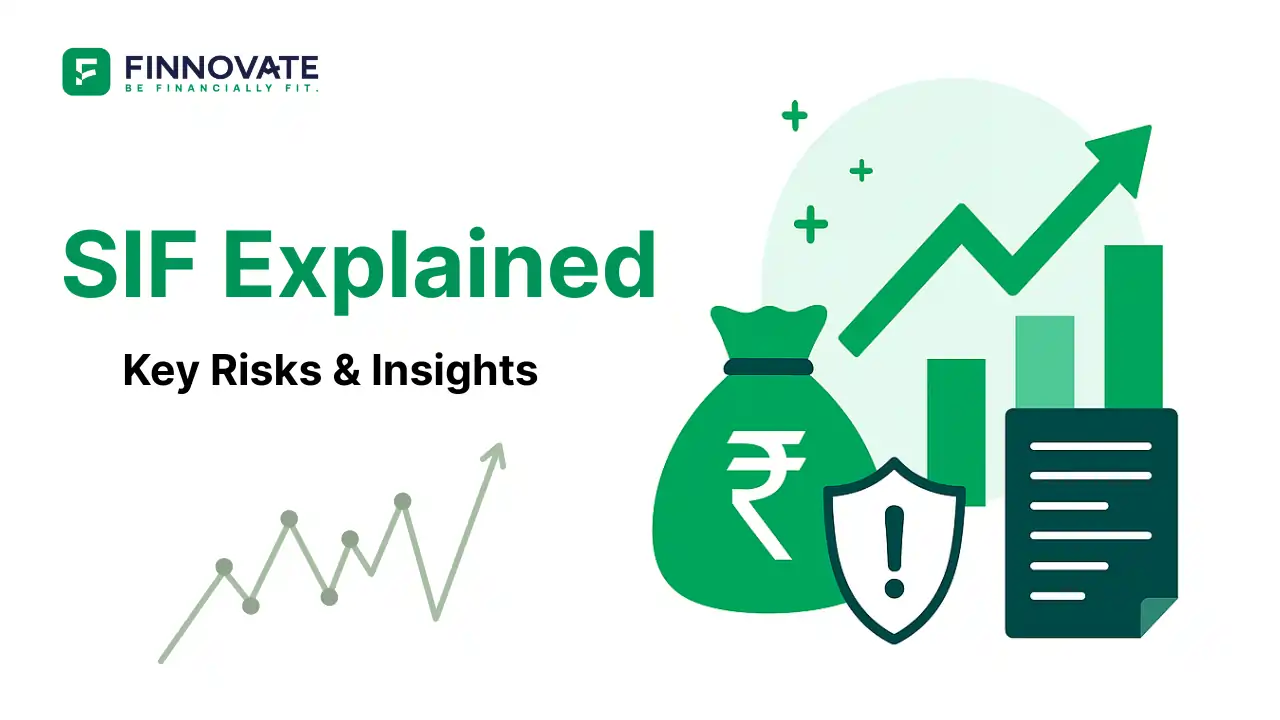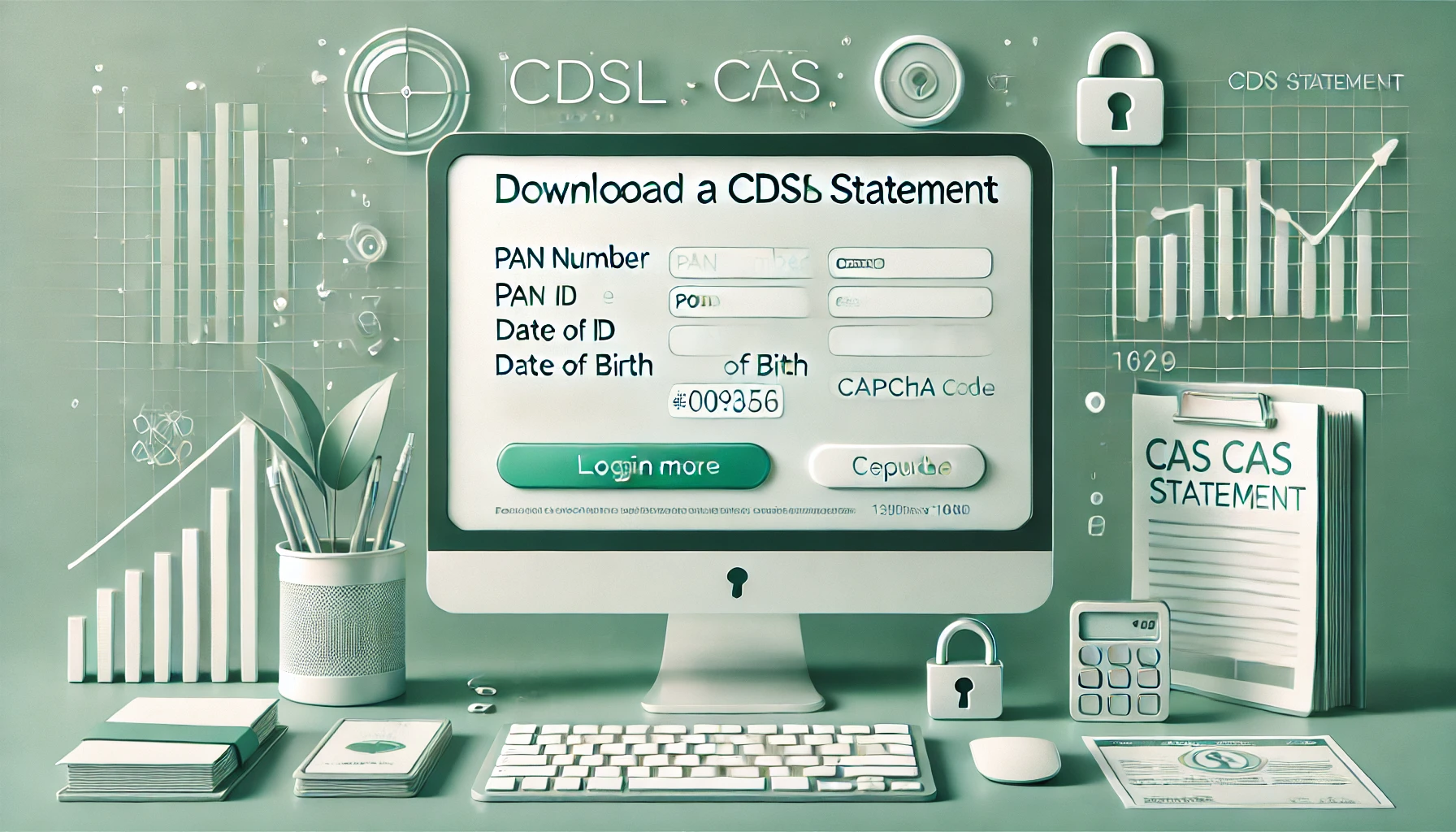
Gold ETF Flows January 2026: Is Gold in Euphoria Zone?
January 2026 gold ETF inflows hit ₹24,040 crore, nearly matching active equity inflows. ...
As investors continue to remain divided about the future price of gold, Goldman Sachs, in its latest report, has pegged gold prices at $4,900/oz by the end of 2026. That would mean a potential upside of around 22% in just over a year. But is this prediction realistic - or just market optimism?
Momentum is a rather strange thing when it comes to prices. Gold took nearly all of history until 2009 to touch $1,000/oz for the first time. By early 2020, it hit $2,000/oz and by 2022, it had comfortably stayed above that level. The rally gathered even more pace in 2025 - gold crossed $3,000/oz in March and scaled to $4,000/oz by October.
The last $1,000 move in gold prices happened in barely seven months. Now Goldman Sachs believes spot gold could reach $4,900/oz by the end of 2026. If past experience is any guide, it could happen even faster - or climb even higher.
Goldman Sachs has been bullish on gold since late last year. In fact, gold has already rallied more than 53% since the start of 2025. The bank expects a combination of factors - prolonged U.S. government shutdowns, sustained inflows into gold ETFs, continued central bank buying, lower global interest rates, and a steady de-dollarization trend - to drive demand further.
These macro and geopolitical factors have kept investors looking for safe-haven assets, pushing gold to the forefront again. If these trends persist, Goldman expects gold to rally another 22% over the next year and possibly remain the best-performing asset class in 2026 as well.
The real shift in sentiment around dollar-based assets began during the Russia-Ukraine conflict in 2022. When the U.S. imposed sanctions on Russia and froze most of its dollar assets, it triggered alarm among global central banks. Many realized that their dollar reserves could be vulnerable to political leverage.
To mitigate that risk, central banks began diversifying reserves away from foreign currencies and into gold. This wave of central-bank gold buying marked the first major demand cycle - not just in China and India, but across several emerging markets. This overhang is likely to sustain for a long time, lending further strength to the yellow metal.
Should retail investors increase their exposure to gold? Some opportunistic buying is fine, but it must not distort one’s overall financial plan. The ideal allocation to gold remains 10%–15% of one’s total portfolio, primarily as a hedge against uncertainty.
Gold has done its job as a protective asset in the last year when equities underperformed. But investors must guard against recency bias - gold prices have historically gone through long periods of stagnation or decline. Staying disciplined with asset allocation is far more important than chasing short-term momentum. In investing, balance matters more than hype.
Goldman Sachs’ $4,900/oz target underscores global uncertainty, de-dollarization trends, and persistent inflation fears. Yet, while gold could continue shining in the near term, investors should treat it as a stabilizer - not a growth engine. The glitter of gold should strengthen your portfolio’s balance, not blind its long-term vision.
How Much Gold Should You Hold in Your Portfolio?
Why Silver Could Be the Next Investment Story in India?
Disclaimer: The content above is for informational purposes only and should not be considered financial or investment advice. Gold prices are volatile and subject to market risks - invest after consulting a qualified advisor.
Popular now

Learn how to easily download your NSDL CAS Statement in PDF format with our step-by-step g...

Explore what Specialised Investment Funds (SIFs) are, their benefits, taxation, minimum in...

Learn How to Download Your CDSL CAS Statement with our step-by-step guide. Easy instructio...

Looking for the best financial freedom books? Here’s a handpicked 2026 reading list with...